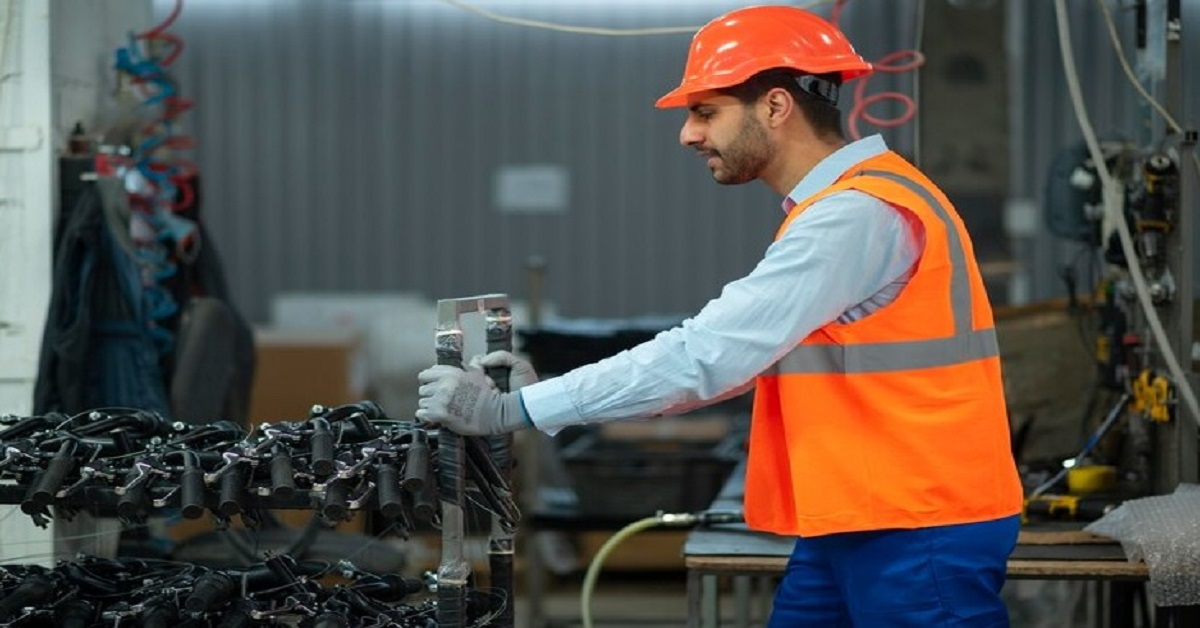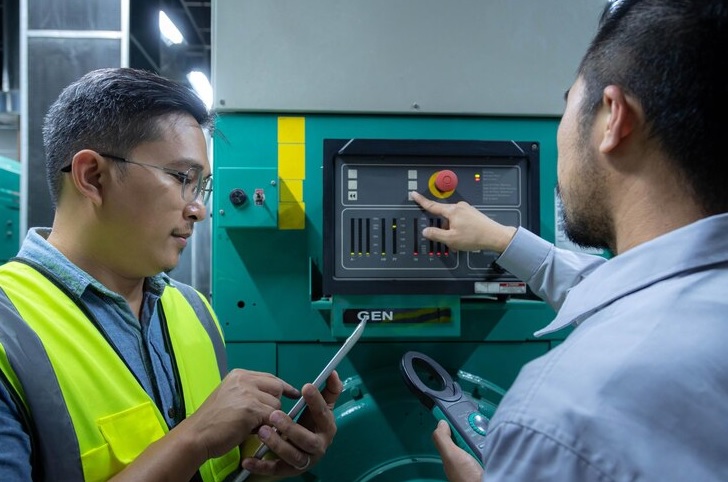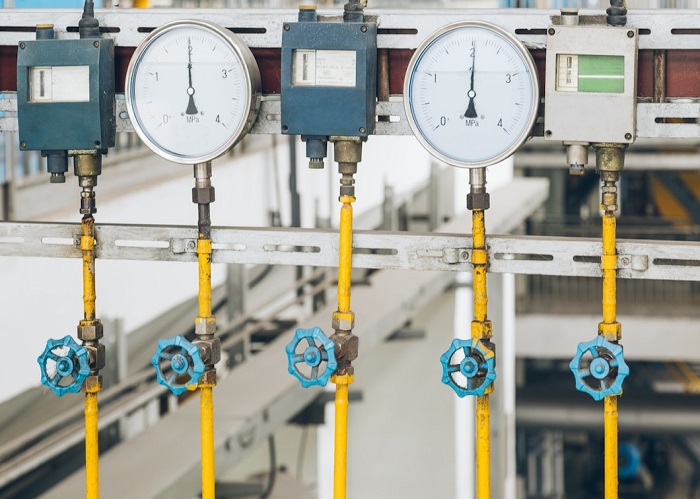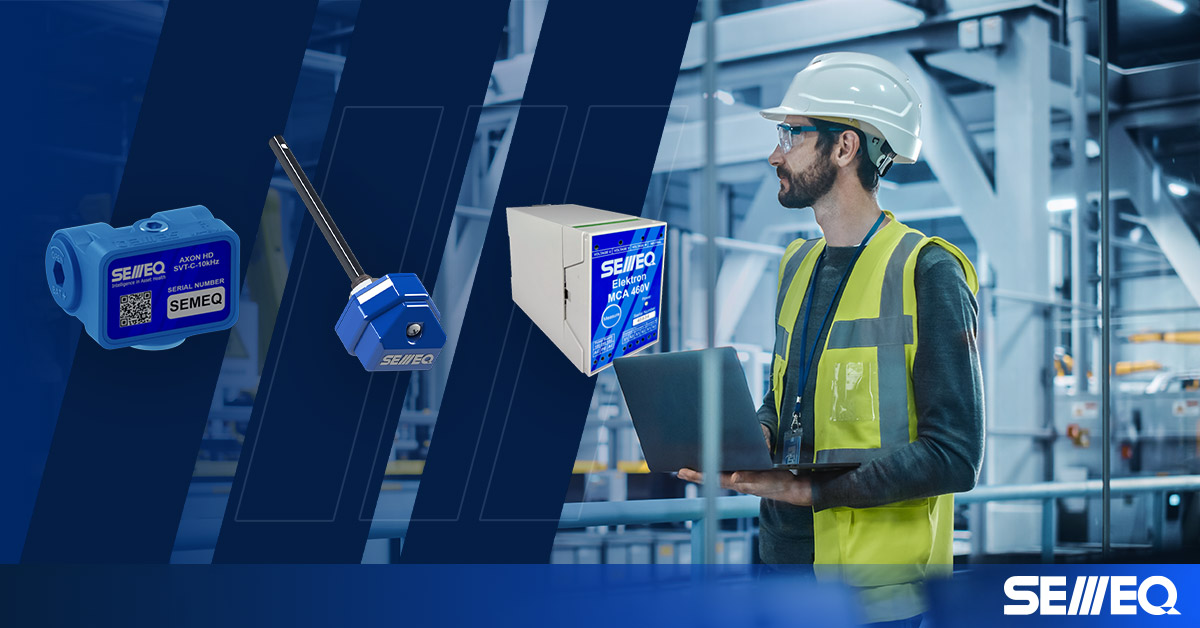Maintaining equipment in optimal condition is crucial for the seamless operation of any business that relies on machinery. Effective equipment maintenance management is not just about fixing machines when they break down; it’s about a proactive approach to ensure longevity, efficiency, and cost savings. This article explores the importance of equipment maintenance management and provides practical tips to implement it successfully.
The Importance of Equipment Maintenance Management
Equipment maintenance management involves regular inspections, preventive measures, and timely repairs to keep machinery functioning at its best. This approach helps in:
- Reducing Downtime: Regular maintenance prevents unexpected breakdowns, ensuring that equipment is always ready for use. This minimizes downtime and keeps operations running smoothly.
- Extending Equipment Life: Proper maintenance can significantly extend the lifespan of equipment, delaying the need for costly replacements and ensuring a better return on investment.
- Enhancing Efficiency: Well-maintained equipment operates more efficiently, leading to better performance and productivity. It also consumes less energy, contributing to cost savings.
- Safety: Regular checks and maintenance ensure that equipment is safe to use, reducing the risk of accidents and injuries in the workplace.
Key Strategies for Effective Equipment Maintenance Management
Implementing a robust equipment maintenance management system requires a strategic approach. Here are some key strategies to consider:
- Develop a Maintenance Schedule: Create a detailed maintenance schedule based on the manufacturer’s recommendations and the specific needs of your equipment. Include regular inspections, lubrication, cleaning, and part replacements.
- Train Your Staff: Ensure that all employees who use or maintain the equipment are well-trained. They should understand the importance of maintenance, know how to perform basic checks, and recognize early signs of wear and tear.
- Use Maintenance Management Software: Consider investing in maintenance management software. These tools can help you track maintenance schedules, record service history, and monitor the performance of your equipment. This data-driven approach can lead to more informed decisions and better maintenance practices.
- Perform Regular Inspections: Regular inspections are crucial to identify potential issues before they become major problems. Use checklists to ensure that all critical components are examined and that nothing is overlooked.
- Keep Detailed Records: Maintain comprehensive records of all maintenance activities. This includes dates of inspections, details of any repairs or replacements, and notes on equipment performance. These records can help identify patterns and predict future maintenance needs.
- Invest in Quality Parts: When repairs are necessary, use high-quality replacement parts. Cheap or substandard parts can lead to more frequent breakdowns and can ultimately cost more in the long run.
The Role of Preventive Maintenance
Preventive maintenance is a cornerstone of effective equipment maintenance management. It involves regularly scheduled maintenance tasks designed to prevent unexpected equipment failures. By addressing potential issues before they escalate, preventive maintenance helps maintain continuous operation and reduces the risk of costly downtime.
Conclusion
Effective equipment maintenance management is essential for any business that relies on machinery. By implementing a proactive maintenance strategy, you can reduce downtime, extend equipment lifespan, enhance efficiency, and ensure safety. Developing a maintenance schedule, training staff, utilizing maintenance management software, performing regular inspections, keeping detailed records, and investing in quality parts are all crucial steps in this process.
Remember, the goal of equipment maintenance management is not just to fix what’s broken but to prevent breakdowns from occurring in the first place. By prioritizing maintenance, you can ensure that your equipment remains reliable, efficient, and safe for years to come.




